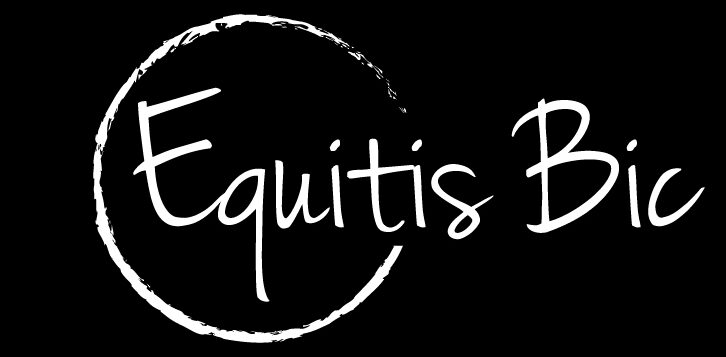Two Ways Skepticism Kills a Dream’s Purpose

I haven’t kept track of the number of strangers I’ve talked to about their dreams, but I know it’s a lot. Whatever that magic number I’ve hit, it’s become second nature for me. I realized this one day when I was walking though downtown Denver. A homeless man asked me for some spare change. Without thinking I shot back “Sure, if you’ve got a spare dream.” This caught the man off guard, so much so that he thought for a second. “I’m not giving away my dreams. They’re mine.” he replied with skepticism.
I took a few minutes to explain that I wasn’t interested in taking his dreams as my possession, merely hearing them. “I’m a collector of dreams just as you are a collector of change.” I told him. He thought about it. A few minutes later it was evident that he was sure he was going to lose something. He then became very skeptical and started to tell me he thought it was a bit off for me to be asking about dream stories. He then told me to keep my change and he would keep his dreams. I gave him my change anyway and went on my way.
I was disappointed that I wasn’t able to help this man with his dreams. The experience got me thinking. Did he value his dreams or was he just afraid of them? What made him guarded and feel like what I was asking him was a bit off? Was asking him for a dream any more off than him asking a total stranger for money? After this brief interaction I began thinking about other times when dreamers responded with skepticism.
Another bout with Skepticism
I approached a young lady at Nan Desu Kan and asked her if she remembered her dreams. She said she did and one in particular. It was a recurring nightmare that she had a few weeks before and a few weeks after the anniversary of her step-dad’s death. She saw all the gruesome detail of the death scene and was traumatized by it for nearly a decade when I’d met her. My heart went out to her and I wanted to help her with ending this annual torment. It was hard for me to imagine just how terrible these dream experiences were for her. The longer we spoke I began to notice a tremble in her voice. Tears forming in her eyes and she demonstrated other evidence of her pain. I was compelled to share what I knew to end her torment once and for all.
In order to do this I knew that we had to be in agreement. It’s one of the most important dream principles you can apply if you want to relieve the dreamer from the torment of a nightmare. So I asked if she wanted to keep having the nightmares or if she wanted me to help her get rid of them. Her response was to tell me how many people she sought help from and how many of them did not provide the help she needed. She then stated that she’d learned to live with having these nightmares, turned and walked away. It was heartbreaking that she allowed skepticism kill the purpose of her nightmares.
The Bottom Line
It may be hard to imagine that nightmares this personal and tormenting could have a purpose. As usual there’s more going on here than meets the eye. The nightmares are accomplishing something much more sinister than just tormenting the dreamer. These nightmares were given to the dreamer to increase the fear of death in the her life. But there’s another deeper, more sinister level below that. By forcing the dreamer to relive a painful tragedy of the death of someone the dreamer loved, she’s losing something very valuable, namely, hope that the future can be different than the past.
The bottom line of these two experiences I had with these dreamers is simply this. I never got the chance to share the answer to their dreams. Skepticism killed the ultimate purpose of why they were given their dreams. The ultimate purpose of the dreams for these individuals were different. But I could have helped get rid of the young woman’s nightmares and, who knows, the homeless man might have had a dream that could have completely changed his circumstances.
EB
